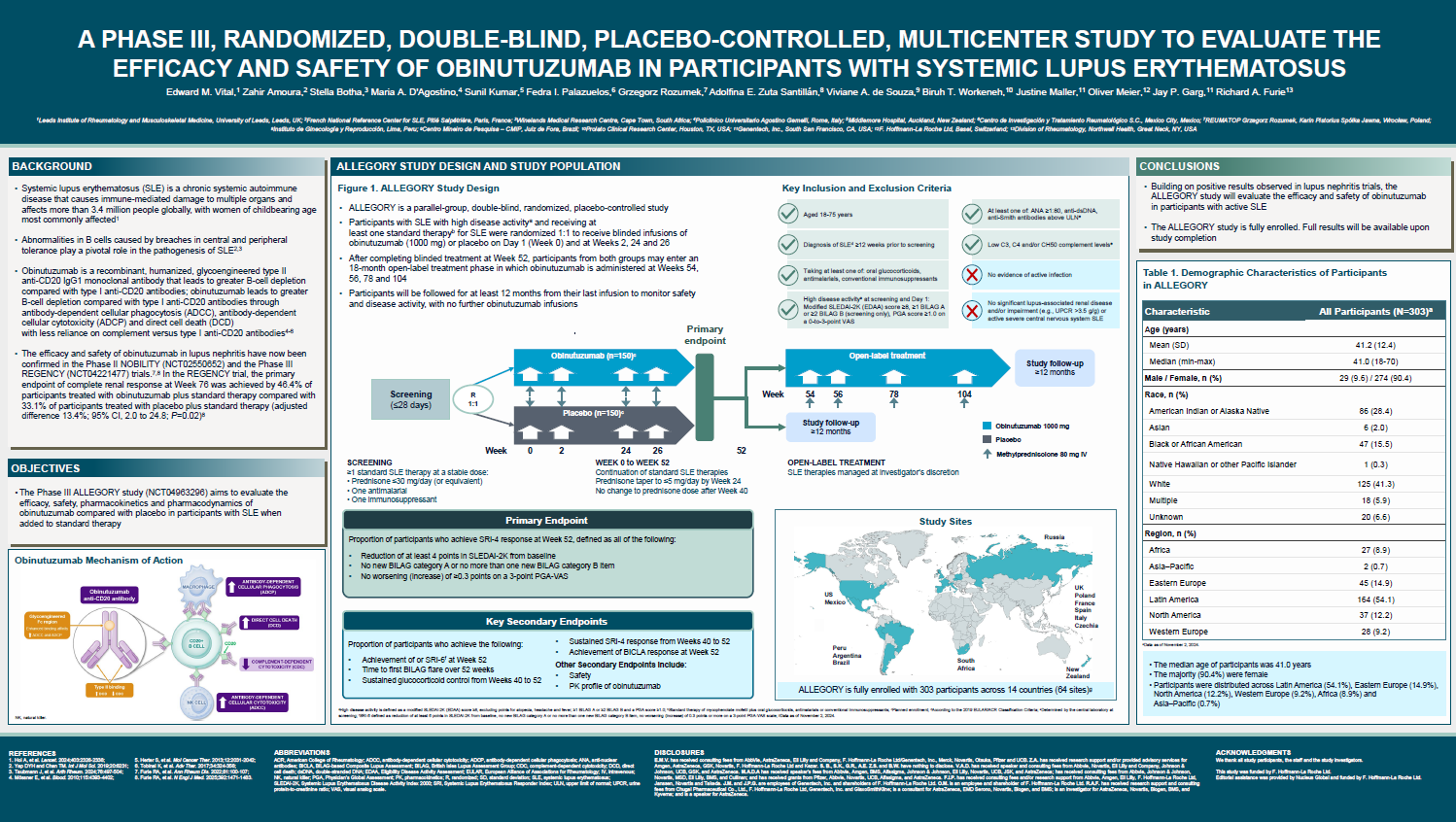Antiphospholipid Antibodies With Incident Cardiovascular Events Save

Are antiphospholipid antibodies (aPL) associated with atherosclerotic cardiovascular (ASCVD) event risk? A cohort study has shown that aPL Abs are found in a substantial proportion of adults with ASCVD events and finding both positive aCL IgA and aβ2GPI IgA Abs independently predicted future ASCVD events.
Prospective patient plasma samples were collected as part of the Dallas Heart Study (2007 to 2009) with a median follow-up was 8 years. This cohort study included 2427 participants. aPL testing assayed for eight different aPL Abs (anticardiolipin [aCL] IgG/IgM/IgA, anti–beta-2 glycoprotein I [aβ2GPI] IgG/IgM/IgA, and antiphosphatidylserine/prothrombin [aPS/PT] IgG/IgM) by solid-phase assays. These were clinically correlated with ASCVD events (first nonfatal myocardial infarction, first nonfatal stroke, coronary revascularization, or death from cardiovascular cause), adjusting for known risk factors, medications, and multiple comparisons.
The population (n=2427) had a mean age of 50.6 years; 57.6% female; and included blacks (51.3%), Hispanics (14%), and white (32.8%) individuals.
aPL Abs were found in 14.5% (a single time point), with approximately one-third detected at a moderate or high titer. Most prevalent was aCL IgM (6.4%), followed by aPS/PT IgM (3.4%), aβ2GPI IgM (2.6%), and aβ2GPI IgA (2.5%).
Future ASCVS events were predicted by IgA aCL (adjHR 4.92; 95% CI, 1.52-15.98) and aβ2GPI (adjHR, 2.91; 95% CI, 1.32-6.41). The IgA isotypes of anticardiolipin and anti–beta-2 glycoprotein I were associated with future ASCVD events. Risk was further increased with higher titers (>40 U).
Findings sugggest that some aPL may increased ASCVD event risk in the general population; further longitudinal studies are needed.











If you are a health practitioner, you may Login/Register to comment.
Due to the nature of these comment forums, only health practitioners are allowed to comment at this time.